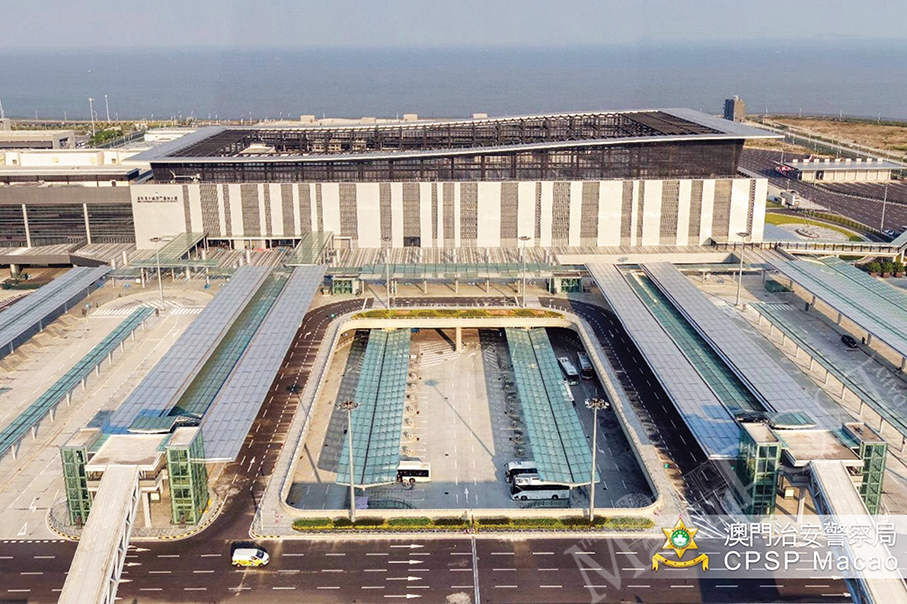It was with great satisfaction when I read yesterday afternoon a Xinhua article about a joint statement by China and Timor-Leste to elevate their ties to a comprehensive strategic partnership.
The announcement about the joint statement* came after a working meeting between President Xi Jinping and Timor-Leste Prime Minister Xanana Gusmão in Hangzhou on Saturday on the sidelines of the 19th Asian Games.
Among other senior officials of the central government, Wang Yi, director of the Office of the Central Foreign Affairs Commission and foreign minister, attended the meeting. Wang paid an official visit to Timor-Leste in June last year, the last leg of its tour of Pacific island states at that time.
Gusmão was among the heads of states and governments from a raft of Asian countries who attended the event’s grandiose opening ceremony at the invitation of the Chinese authorities on Saturday evening.
Timor-Leste, informally known as East Timor, is one of the world’s “youngest” countries. About 70 percent of the half-island nation’s 1.3 million inhabitants are aged under 30. After over four centuries of foreign rule, the East Timorese were finally able to restore their independence on May 20, 2002. I was lucky enough to cover the independence celebrations in Dili on that day. From then on, the people of East Timor could, at long last, take matters in their own hands, i.e., free of foreign rulers who had their own agendas that, quite naturally, did not necessarily meet those that the indigenous population expected and deserved.
Since its struggle for independence started in earnest in 1975, East Timor has “produced” two outstanding leaders – Gusmão and José Ramos-Horta, the latter now being the Southeast Asian country’s president. As a news correspondent, I met both of them on various occasions, and I can vouch for their political acumen (that, by the way, is expressed in rather different ways; but that’s another story). Gusmão, 77, is a former freedom fighter and guerrilla leader, while Ramos-Horta started his relentless fight for his homeland’s independence on the global stage, at the United Nations in particular, nearly five decades ago. Each of them has served their country as president, prime minister and other senior posts. I doubt that without the indefatigable twosome, Timor-Leste would ever have reached its dream of becoming a member of the international community of sovereign states.
Both could crown their own achievements by helping train a new generation of leaders that their nation needs to tackle a host of issues such as poverty alleviation and infrastructure development.
Incidentally, China was one of the world’s first nations that supported Timor-Leste’s quest for independence. For decades, the West ignored the small country’s plight for geopolitical reasons or sheer ignorance (as acknowledged much later by none other than Henry Kissinger).
To my great delight, the joint statement mentions the locally based Forum for Economic and Trade Cooperation between China and Portuguese-speaking Countries (informally known as Forum Macao) and the Macau Special Administrative Region (MSAR), as well as Timorese coffee – my favourite caffeine seduction.
In the statement, Timor-Leste, whose area is about 40 percent of the one of Taiwan, underlines that it is “opposed to any form of ‘Taiwan independence’…, and supports the efforts of the Chinese government to realise national reunification.”
According to the statement, both sides concurred to sign a “cooperation plan … on jointly promoting the Belt and Road Initiative [BRI] at an early date,” with the aim of “strengthening and promoting high-quality, win-win BRI cooperation.”
Timor-Leste also expressed its appreciation for China’s commitment to promote its “industry revitalisation”: “China will continue to render help in technology training on coffee growing and support Timor-Leste in exporting coffee to China to support revitalising the Timor-Leste coffee industry.”
That’s great! When I was still the co-owner of a now-defunct café in the city centre several years ago, we named it MacTim (Macau-Timor) because coffee from Timor-Leste was our speciality – and it was the favourite coffee of many of our regular clients. I do recommend Timorese coffee to any dyed-in-the-wool caffeine aficionados.
The statement also pointed that “the two nations agreed to enhance energy policy exchanges and explore the possibility of cooperation in the exploitation and development of oil and natural gas.”
China also said in the statement that it is committed to supporting Timor-Leste’s infrastructure development, food self-sufficiency and, last but not least, livelihood improvement. The latter includes supporting medical services and “accelerated cooperation” on digital TV development.
The statement, the English-language version of which consists of some 1,600 words, emphasises that both sides “encourage the Macau Special Administrative Region and [Timor-Leste’s capital city] Dili to establish sister-city ties at an early date.”
An excellent idea, indeed. I would like to encourage anyone looking for a bucolic scenery to visit Dili and its surroundings.
In the statement, the two nations “commended the important role” of Forum Macao “in promoting mutually beneficial cooperation and economic ties.” Both sides vowed to “enhance cooperation under the framework of the Forum.”
That’s music to the ears for all those working hard on the further development of Macau’s role as a platform for business services and cultural links between China the world’s nine countries with Portuguese as an official language that have a total population of some 285 million (Brazil, Angola, Mozambique, Portugal, Guinea-Bissau, Equatorial Guinea, Timor-Leste, Cabo Verde, and São Tomé and Príncipe).
According to the joint statement, “China supports Timor-Leste’s accession to ASEAN” and “China will share more development opportunities and benefits with Timor-Leste through the platforms of China-ASEAN cooperation and East Asia cooperation.”
I would like to see Timor-Leste become ASEAN’s 11th member at the earliest possible date as it would further leverage its position as a member of both the Global South in general and the Southeast Asia community of nations in particular.
The decision to elevate their bilateral ties to a comprehensive strategic partnership is, no doubt, a wise move by both sides, based on amity that goes back to the 13th century during the Song Dynasty when Chinese seafarers traded with the Timorese, sandalwood then being one of the island’s most sought-after products.**
– Harald Brüning
*https://english.news.cn/20230923/1875e6d9e27f40bb961b234acd935c60/c.html (Xinhua news article about the Xi-Gusmão meeting on p. 7; the slightly abridged text of the joint statement on p. 12).
**http://www.chinaknowledge.de/Literature/Historiography/songshi.html







